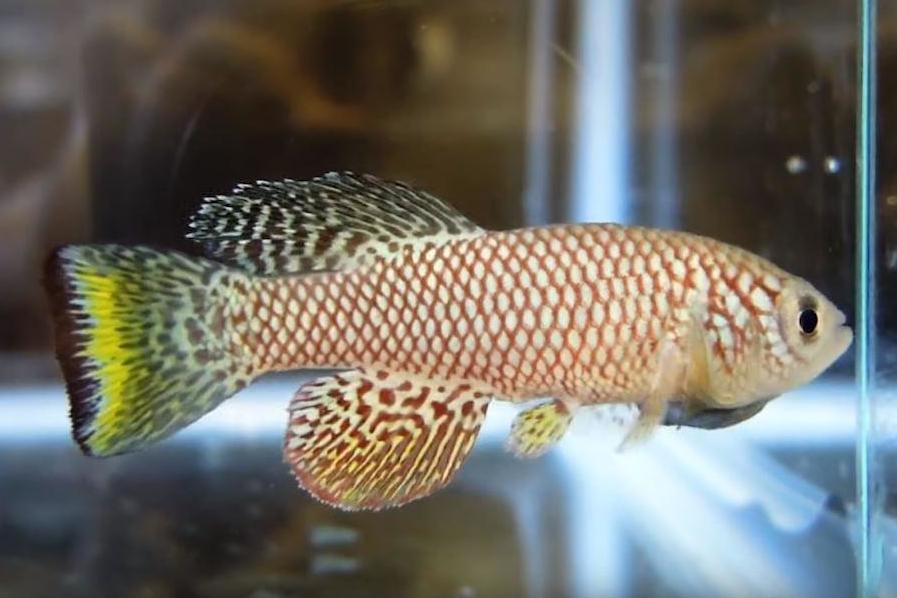African fish may hold key to stopping ageing in humans
New research reveals mechanisms behind phenomenon of ‘suspended animation’ in African turquoise killifish

Your support helps us to tell the story
From reproductive rights to climate change to Big Tech, The Independent is on the ground when the story is developing. Whether it's investigating the financials of Elon Musk's pro-Trump PAC or producing our latest documentary, 'The A Word', which shines a light on the American women fighting for reproductive rights, we know how important it is to parse out the facts from the messaging.
At such a critical moment in US history, we need reporters on the ground. Your donation allows us to keep sending journalists to speak to both sides of the story.
The Independent is trusted by Americans across the entire political spectrum. And unlike many other quality news outlets, we choose not to lock Americans out of our reporting and analysis with paywalls. We believe quality journalism should be available to everyone, paid for by those who can afford it.
Your support makes all the difference.A study into African turquoise killifish has revealed the secrets behind a biological phenomenon that presses pause on the development of embryonic life – findings that have potential implications for human ageing.
Species such as the killifish can place themselves in a state of “suspended animation” – known as diapause – as an embryo, effectively halting the ageing process in order to help the organism survive extreme environments.
Research published in the academic journal Science found the embryos put functions such as cell growth and organ development on hold for months and even years “without trade-offs for subsequent adult growth, fertility, and life span”.
Understanding the “mechanisms” behind diapause could aid in the treatment of ageing-related diseases and even the preservation of human organs.
“Nature has identified ways to pause the clock,” said Anne Brunet, a Stanford University geneticist who co-authored the report.
The research showed genes involved in cell proliferation and organ development were switched off during embryonic diapause in African turquoise killifish.
Meanwhile, genes that acted as system monitors were dialled up while others linked to muscle maintenance and metabolism were also affected.
The study discovered a protein called CBX7, which appears to increase in production during diapause, played a central role in the regulation of gene switches.
Manipulation of this protein within humans could be possible and raise the prospect of altering the ageing process, researchers said.
“We think that studying the process of embryonic diapause could provide a fundamental understanding of how cells and tissues could be preserved over long periods to time,” Professor Brunet told The Independent.
“Because cells and tissues degenerate with age, one can speculate that perhaps this understanding could be helpful to identify strategies to help preserve tissues and organs better.”
Christoph Englert, a molecular geneticist at the Leibniz Institute on Aging in Germany, said the new research “shifts the paradigm of diapause as a passive, boring state to an active state of embryonic nondevelopment”.
Nematode worm larvae can also halt development and aging when faced with challenging environmental changes or a lack of food. However, invertebrates like nematodes lack many of the features that make other animals age, such as an adaptive immune system.
More than 130 species of mammals have some form of diapause.
Join our commenting forum
Join thought-provoking conversations, follow other Independent readers and see their replies
Comments